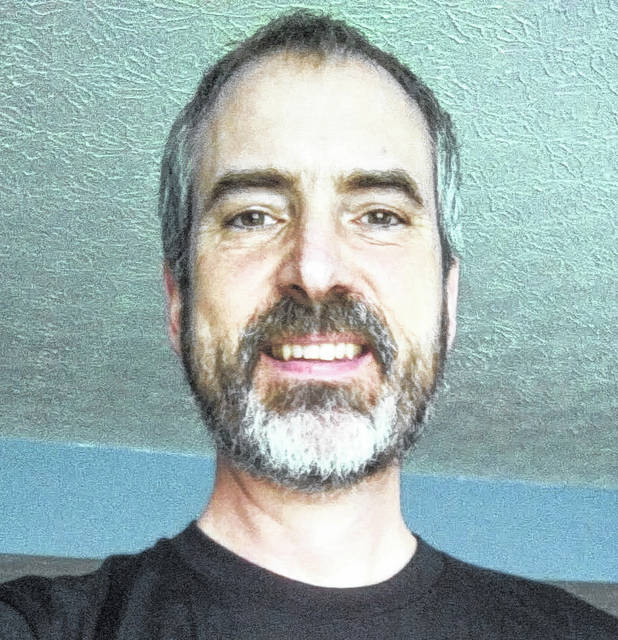
Last week, I participated in Sustainable Delaware Ohio’s No Impact Week by taking steps to simplify and reduce the amount of waste my family generates. Each day had a different focus, including consumption, transportation, food, water, energy, and giving back to our community. It culminated in watching the No Impact Man movie Sunday night at Ohio Wesleyan University.
The movie, and the project that produced the materials for the challenge, were inspired by the author, Colin Beavan’s year-long experiment with no impact living in New York City. The documentary shows how he, his wife, and their toddler daughter gradually shifted their lifestyle to reduce the waste they generated. They shopped at the local farmer’s market to eliminate plastic packaging, rode bicycles to work, and eventually used only the electric provided by a single solar panel. They also started growing their own food. The film highlighted their progression from wanting to stop hurting the planet to wanting to start healing the planet. They realized that it’s not about giving things up — it’s about changing how we do the things we do.
The Bible has a term for such awakenings, it’s “repent,” to change one’s mind for the better, to turn away from old behavior, to reconsider. Repentance has for generations been understood in a religious way, when we’ve committed crimes or sins against other people or against God. Repentance is now also being understood as a proper condition when we’ve sinned against the Earth, against God’s creation, and we want to change our ways.
Reducing the amount of waste we generate is something that everyone can do. It’s easy; Buzzfeed has a video of a girl who fit all the trash she generated in the last five years into a mason jar. Most of our trash comes from food and product packaging. So we just need to shop smarter, and shop more from farmer’s markets and community markets. Also, using homemade cleaners and detergents allows you to reuse glass containers. Along with doing all we can to reduce our own household waste, we should ask our local government and the companies we patronize to do all they can to support us and help the cause.
How is waste a sin? Waste is irresponsible, careless, and downright reckless. If I’m willing to dispose of packaging on my food and household products, what else am I willing to throw away? What else am I not being a good steward of? At our current rate of trash production, there will be more plastics in the ocean than fish by 2050. We need to repent from behavior that contributes to this situation. The whole notion of single-use disposability has to go. We need to be producers, and not just consumers.
It’s time for a return of victory gardens — growing vegetables in people’s yards. We can do this. We have excellent examples in Stratford Ecological Center and the Methodist Theological School in Ohio, (my alma mater,) where you can learn of ecotheology, or the relationship between religion and nature. Both are leading the way by using (or soon to be using) solar energy, and growing their own food. Stratford educates thousands of children each year on where our food comes from, and how we depend on the Earth. MTSO also illuminates the connections between the gospel, sustainability, and justice.
God gave us dominion over the earth, but with great power comes great responsibility. We are also charged to be good stewards of God’s creation. Jesus reminds us that scoundrel stewards will be dismissed or punished.
There are many of us, local and around the world, dedicated to a sustainable lifestyle and sustainable communities. We are inspired by science, by common sense, and by our faith.


